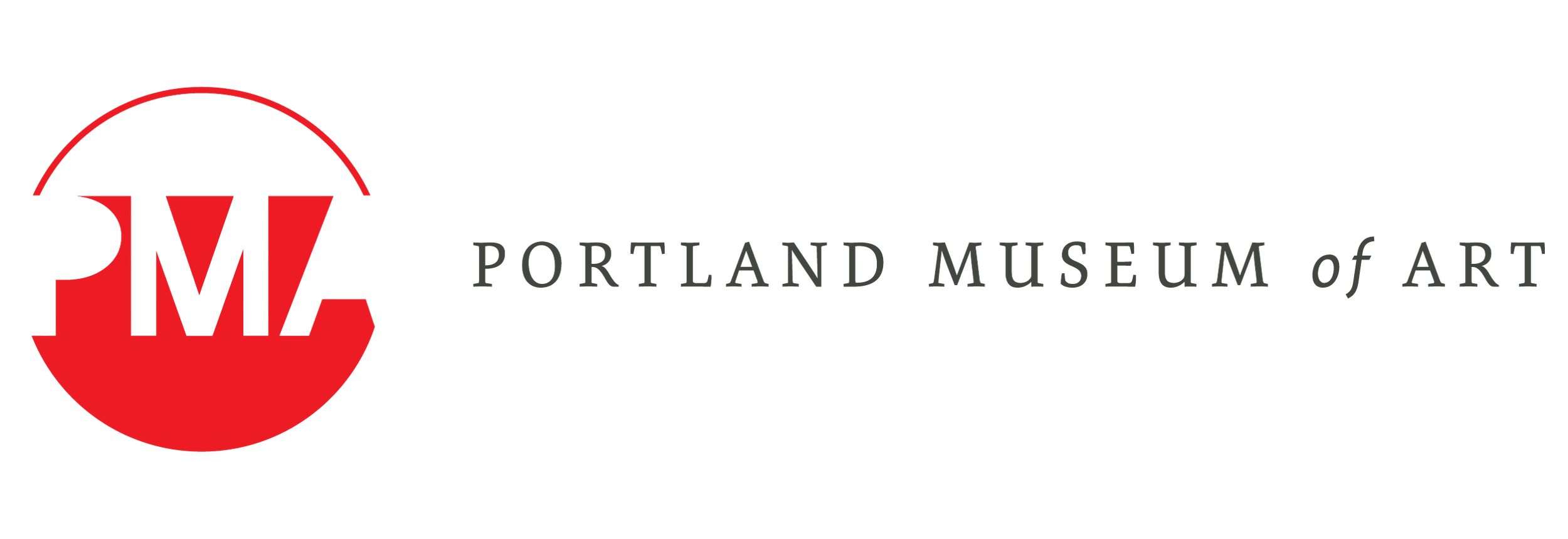Jeremy Frey and the Art of Ash Basketry
Free Program | This event is sold out
Jeremy Frey: Woven, on view now at the PMA, marks the artist’s first museum retrospective and explores his extraordinary woven works over a career spanning two decades. Frey, a seventh-generation Passamaquoddy basket maker, harvests all his materials—black ash, sweetgrass, cedar, spruce root, birch bark, and porcupine quills—to create works of exquisite complexity that also reflect a profound depth of ecological knowledge and resilience in the face of numerous challenges. Hear from the artist in conversation with Ramey Mize, Associate Curator of American Art, as they discuss his innovative approach to this ancient and culturally significant art form.
Part of the Nelson Social Justice Lecture Series.
Jeremy Frey (born 1978, Passamaquoddy Indian Township Reservation, Maine) is a seventh-generation basket maker and one of the foremost weavers of his generation. Working with natural resources such as brown ash and sweetgrass, Frey introduces new materials, unique forms, and fine weaving techniques while maintaining a strong connection to the traditional roots of his practice.
Frey won Best of Show at the Santa Fe Indian Market in 2011, marking the first time a basket maker achieved this honor in the market’s 90-year history. That same year, Frey won Best of Show at the Heard Museum Indian Guild Fair and Market in Phoenix, Arizona, which he would repeat in 2015. Frey’s work is held in the public collections of the Portland Museum of Art, Maine; Art Institute of Chicago, Illinois; Denver Art Museum, Colorado; Smithsonian American Art Museum, Washington, DC; Virginia Museum of Fine Arts, Richmond, Virginia; and the Colby College Museum of Art, Waterville, Maine, among others.
Made possible by the Leonard and Merle Nelson Social Justice Fund at the Portland Museum of Art and Maine Health.
Parking will be available at the MaineHealth parking lot on Free Street courtesy of MaineHealth
The purpose of the Leonard and Merle Nelson Social Justice Fund is to honor those artists whose commitment to social justice is manifested in their work and lives. The fund supports exhibitions, lectures, scholarships, programs, or acquisitions that directly or indirectly address the relationship between works of art and social justice.



